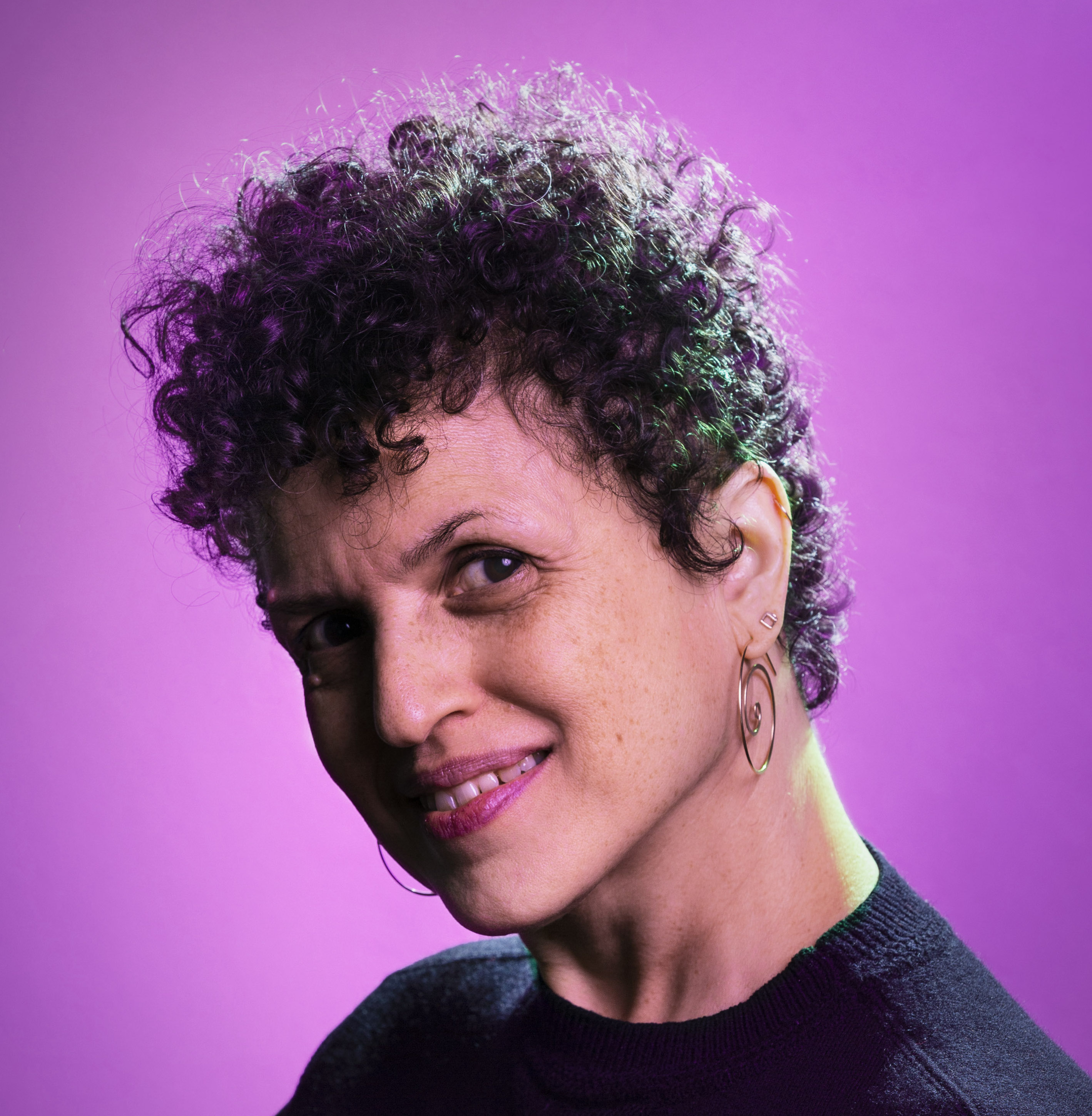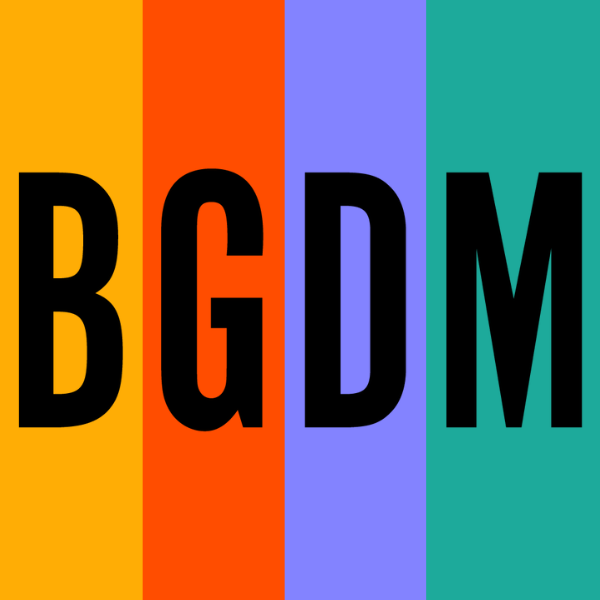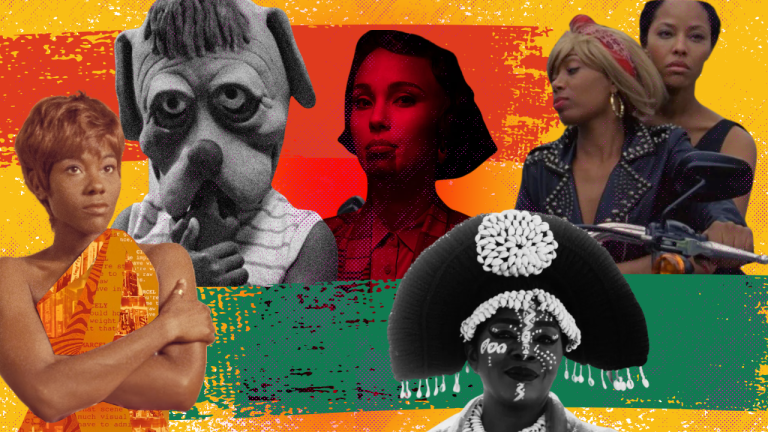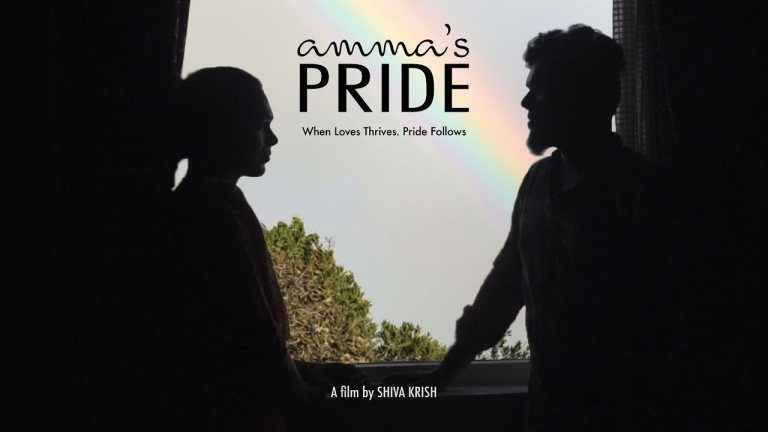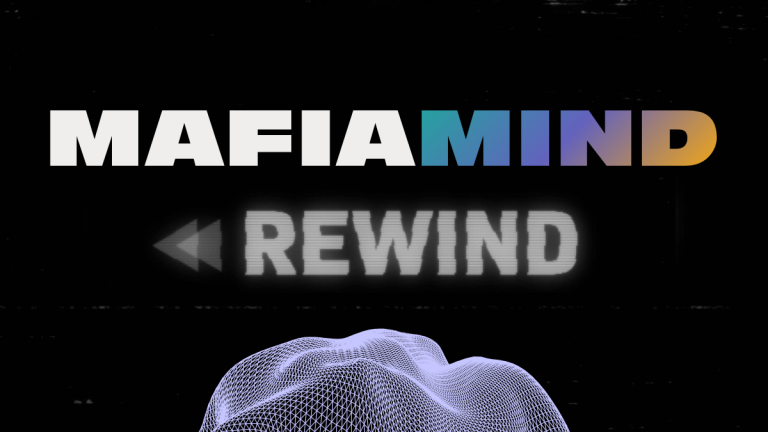
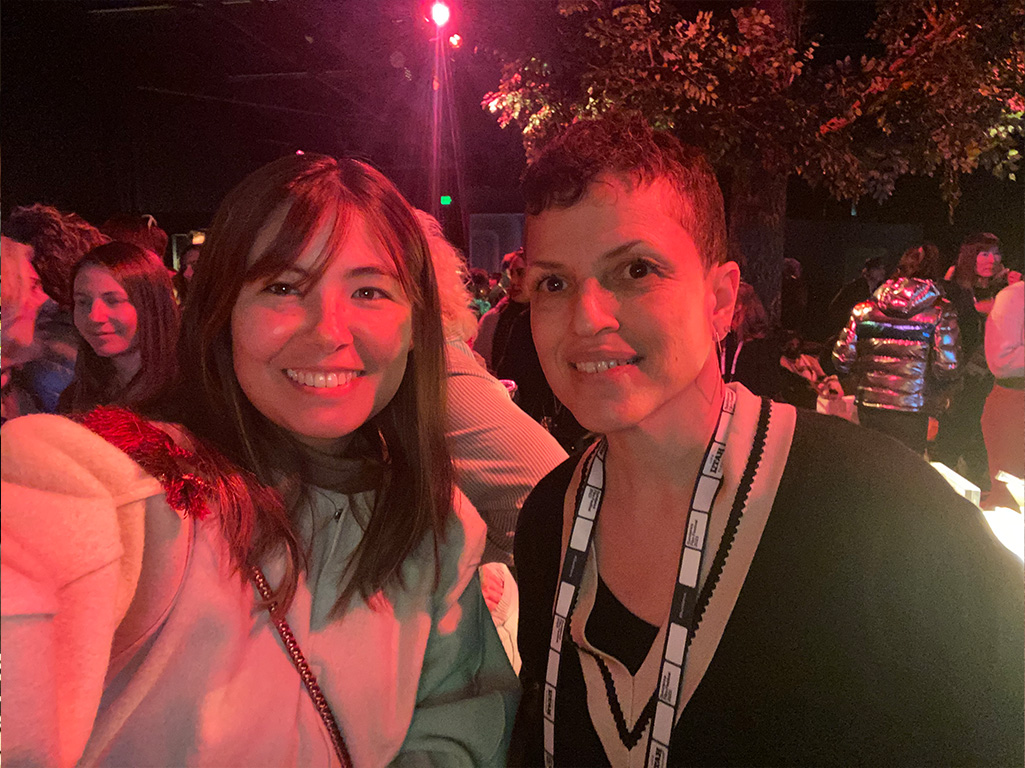
Home feels like a state of mind and not necessarily a geographical space. It’s about family and community where there is mutual aid and respect.
1. What's your logline for how your life has been recently?
Strap in for the upswing portion of this roller coaster journey.
2. What and/or who inspires you?
I find inspiration in so many different artistic expressions and people. Books, both fiction and non-fiction, are usually my go-to sources for inspiration. I try to go for ones that will push me to think differently about the world and myself. These days I am reading Freedom as Marronage by Neil Roberts. I was also blown away by Debra Thompson’s book, The Long Road Home: On Blackness and Belonging.
Earlier this year I went to the Nick Cave’s Forothermore exhibition at the Guggenheim. What a powerful inspiration that was! Walking through and experiencing his work in three dimensions also felt like an affirmation that what we were doing with Going To Mars and our body of work had meaning and purpose, would also have a space to be shared and appreciated. All these experiences feed my soul.
3. What would people be surprised to know about you?
I seriously considered becoming a professional dancer when I finished high school. I think I am a frustrated dancer at heart. That’s when I am most happy, letting loose on the dance floor — sometimes by myself, but [I] prefer of course when I am enjoying it in community. I later played amateur basketball as a young adult in Cape Verde. Long story…
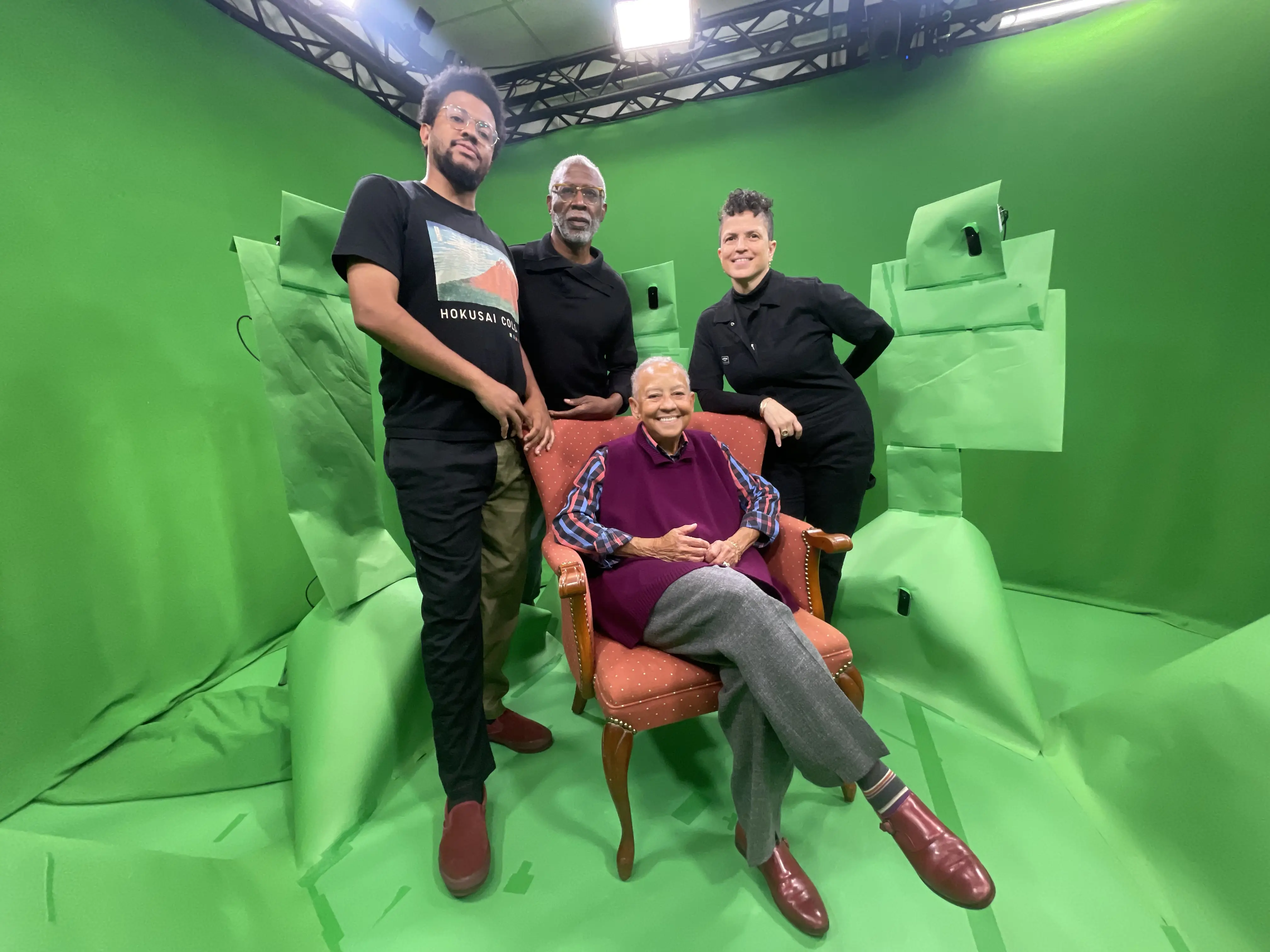
4. What are you excited about in 2023?
2023 will be a year of sharing our work in community. In addition to Going To Mars: The Nikki Giovanni Project, we have a couple of other projects we are releasing this year that I am so excited to be sharing. They too are about Black diasporic love, joy and resistance.
One project looks at the profound influence of Black girls’ hand games on American culture, and the other tells the story of the Black power movement in Montréal, Canada. We also push the creative envelope on how these stories are told. So, it is a year of celebration. I cannot wait for folks to experience all these stories.
5. What advice would you give to your younger self?
I would tell my younger self to explore her anger more deeply and not be so hard on herself. I was an angry younger woman – and it came from a place of trauma that I am still unpacking. So I would give my younger self a big long hug and encourage her to embrace this amazing journey of self-discovery she is about to embark on. Don’t let the anger and hurt distract you from the love and joy you can experience. Let it be an inspiration for healing in the work you do.
6. What does home mean to you?
I am a child of the diaspora. So, to me, home feels like a state of mind and not necessarily a geographical space. It’s about family and community where there is mutual aid and respect. I find that with friends and family across borders as well as down the street from my house. But home also has to be nurtured regularly. It means being attuned to the needs of those around me. It means being an active listener when I can be.
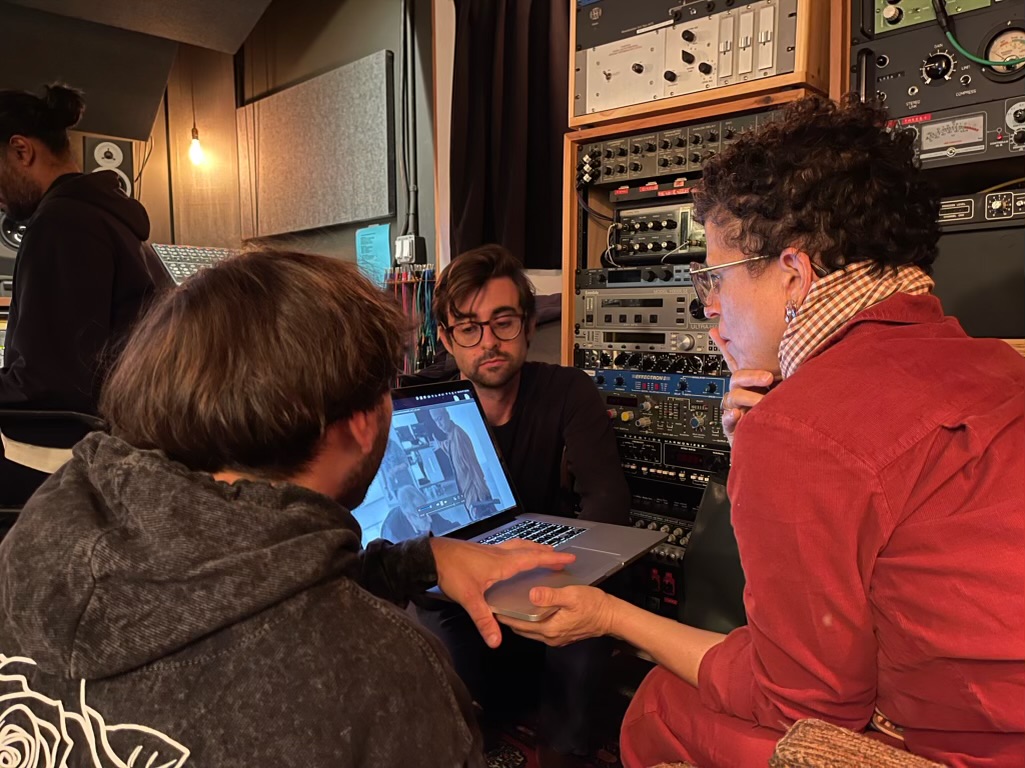
7. How do you get into the “zone” of your creative process?
Oh wow! That’s a hard one because I often have to steal those “zones” wherever I can find them. So, I have to be flexible and nimble but also very intentional. In filmmaking, the creative process is also very communal. Carving out that time to brainstorm ideas and approaches with others on a project is essential — and so much fun when the chemistry is right!
8. How does your identity influence your work?
My lived experience is everything when it comes to my work. I believe all art is both personal and political. You can’t separate them. My identities feed me and push me to explore questions in my storytelling. They inform what questions I ask and why I ask them in my work. So, in every project, I try to be self-aware of what is speaking to me internally about the story I am telling. It’s the only way my work can grow and that I can grow as a human being and leave something behind that connects to people.
9. What were your favorite parts of creating Going To Mars: The Nikki Giovanni Project?
There were so many! But I find the most fulfilling moments were when I got into that iterative “zone” with our kick-ass creative collaborators. Sometimes that happened in the virtual edit room on Zoom. We’d find solutions to something we were stuck on, and sometimes it happened on location with Nikki — listening to her words and making visual connections in my head then unpacking that with my creative partners. It was so much fun, but it was also challenging because we didn’t want to settle for straightforward, creative answers. We challenged each other and were determined to dig deep with metaphor, imagery and emotion in every frame.
Photos provided Michèle Stephenson


